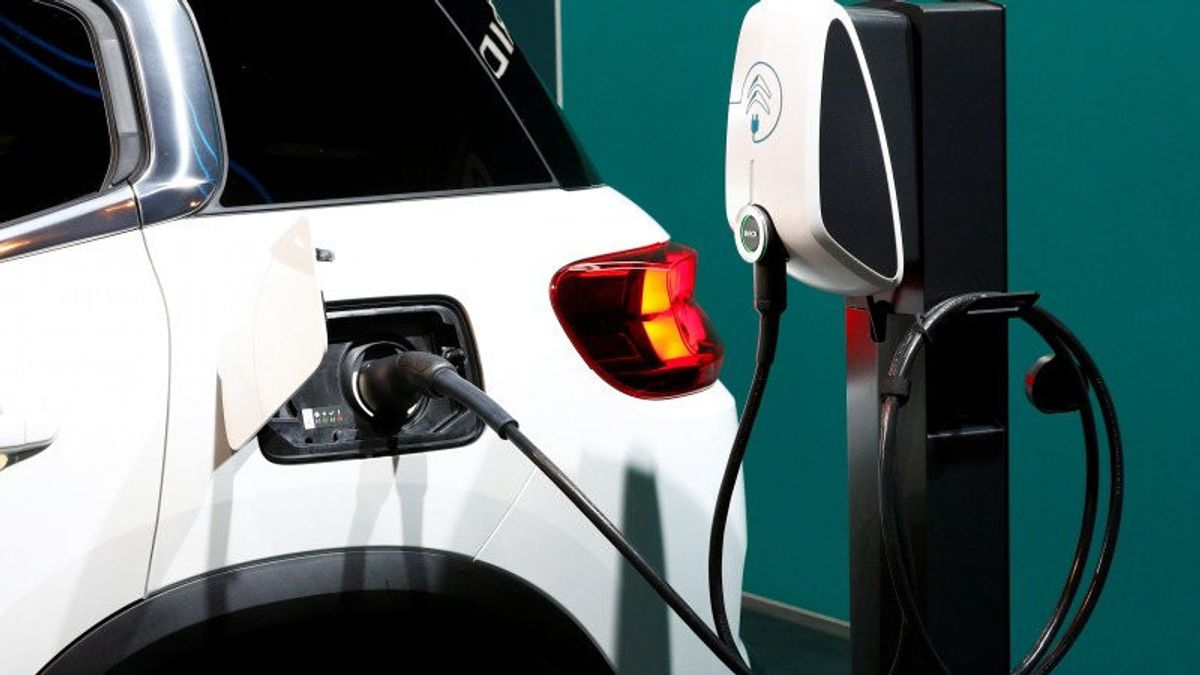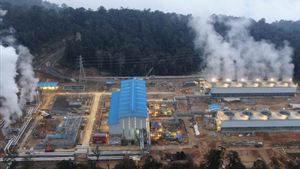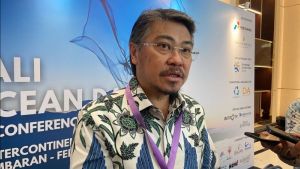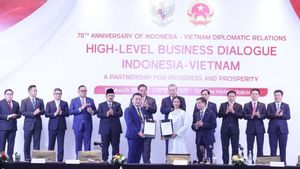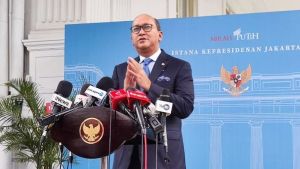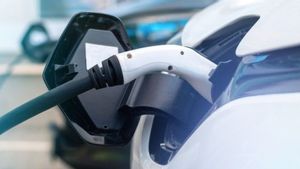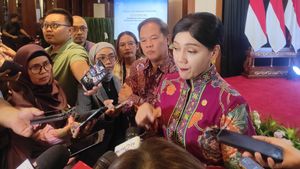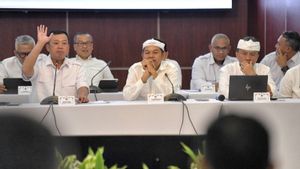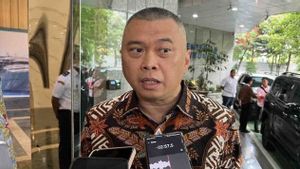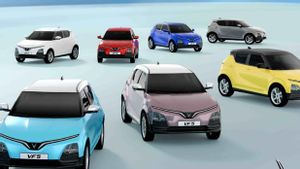JAKARTA - The public emphasized the importance of immediately transitioning from fossil-based vehicles to electric vehicles (electric vehicles/EVs) to reduce the adverse impact of air pollution on the environment.Deputy for Infrastructure and Transportation Coordination of the Coordinating Ministry of Maritime Affairs Rachmat Kaimuddin in Decarbonization of the Transportation Sector through the Adoption of KBLBB for Indonesia Better in Makassar, South Sulawesi, Friday, said this as the results of research on air pollution in DKI Jakarta. Mothers, if you go to Jakarta, the water quality (the quality of the air) is very bad. Once we examine, the results of the study are all consistent that the main causes of air pollution in Jakarta are actually from the transportation sector," he said quoting Antara. Rachmat said a number of studies from various institutions noted that a number of pollutants that dominate like carbon monoxide (CO), nitrogen oxide (NOx), as well as PM10 and PM2.5 particulates turned out to come from the transportation sector. He said that his party had also conducted a number of studies based on the source to see the traces of such pollutants. Based on sampling, the majority of the transportation is if in Jakarta.' I am also worried that in congested areas like this, and the industry is not much like in Makassar, if we don't handle it later like Jakarta,'' he said.' Therefore, Rachmat emphasized the importance of vehicle electrification in order to tackle air pollution, especially in large cities that have been vehicle-intensive. On the other hand, the former Bukalapak CEO admits that the standard of BBM in Indonesia is indeed slightly below developed countries. Not to mention the standard emission of motorized vehicles which is still as high as standard in developed countries. This is also the reason for other bad air pollution in Jakarta. Imaginately, our gasoline or solar standards are slightly lower than developed and also its own manufacturers. So indeed industrial polycy is also important,''' he said. Furthermore, Rachmat said that the transition to electric vehicles also needs to be done immediately because the process is not as easy to reverse the palm. He noted that currently there are 130 million motor units and 20 million car units circulating in Indonesia. Meanwhile, motor sales
SEE ALSO:
At least 20 years if all current sales are replaced to EVs. It still takes 20 years to close them all. And today sales (electric vehicles) are even only 1-2 percent. Still very far away, "he said. Rachmat also emphasized that efforts to accelerate the transition to electric vehicles need to be carried out following a global trend that has led to EVs. Indonesia needs to take advantage of opportunities as one of the largest passenger vehicle importing countries in Southeast Asia. If we don't start now what we are doing today, we will always depend on imported vehicles," he said. The success of adoption and the electric vehicle industry is also in line with efforts to reduce emissions, reduce dependence on fuel imports, encourage the circular economy and diversify the economy by developing the entire EV supply chain.
The English, Chinese, Japanese, Arabic, and French versions are automatically generated by the AI. So there may still be inaccuracies in translating, please always see Indonesian as our main language. (system supported by DigitalSiber.id)
